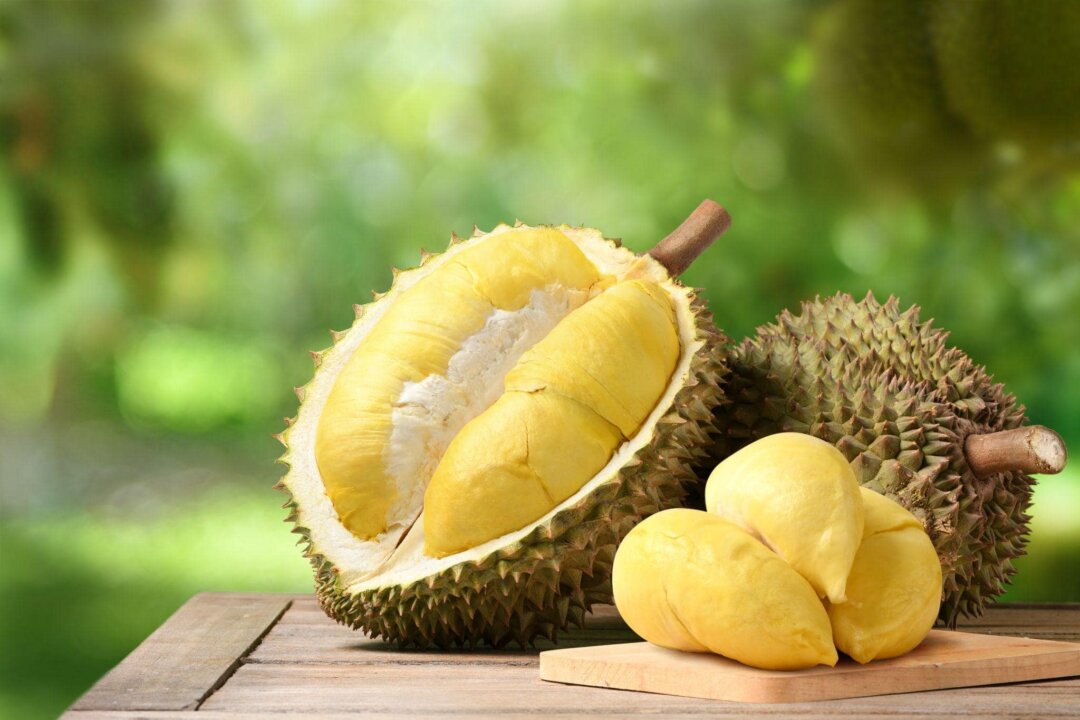Durian has high nutritional value and offers significant medicinal benefits, including combating cancer, reducing cancer-drug resistance, alleviating depression, and protecting the heart. Due to its rich nutritional content, durian is known as the “king of fruits” in Southeast Asia. However, its unique and strong smell makes it pretty polarizing.
Fans enjoy its sweet, custard-like flavor, while detractors avoid it because of its sulfur-like odor. This distinct smell comes from various volatile sulfur compounds, including thiamine, a sulfur-containing vitamin (B1). Durian contains healthy fats, including monounsaturated and polyunsaturated fatty acids.

It is rich in fiber, especially insoluble fiber, which helps prevent constipation and regulate blood sugar. It contains carotenoids, polyphenols, and flavonoids, all of which protect cardiovascular endothelial cells from free radical damage and reduce inflammation, thereby contributing to a lower risk of heart disease. Furthermore, durian is rich in potassium, containing 436 milligrams per 100 grams of fruit pulp, which is higher than the potassium content in high-potassium fruits like bananas.
This essential mineral helps regulate blood pressure and maintain cardiovascular health. Additionally, those with kidney disease should avoid consuming durian in large quantities due to its high potassium content, which could lead to hyperkalemia, where the kidneys are unable to effectively excrete potassium..























